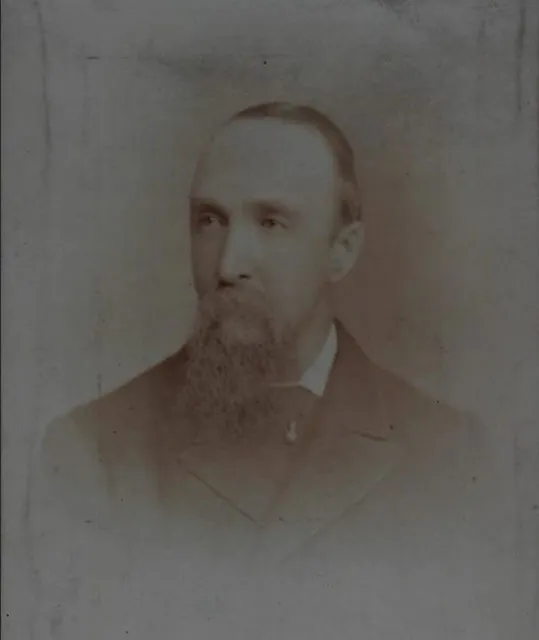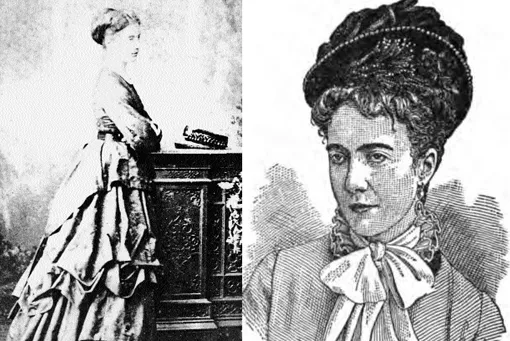The Parnell Family
In 1795, Sir John Parnell became the inheritor of Avondale House and its estate, passing down from his cousin Samuel Hayes.
As per Hayes’ will, the estate was designated for the younger sons of the Parnell family. In 1835, the grandson of the aforementioned John Parnell, also named John, and his wife Delia Tudor Stewart, who was born in America, established Avondale as their residence. Delia’s father, Admiral Charles Stewart, had gained fame as an officer in the American Navy and had been a notable figure during the Anglo-American War of 1812-1814. In 1846, when their fourth son was born in Avondale House, he was given the name of his grandfather.
John and Delia were blessed with eleven children, comprising six girls and five boys, most of whom spent their formative years at Avondale. In 1854, following the untimely death of their father in 1859, Delia relocated to Paris with some of the children, while the rest were placed under court guardianship. After reaching the age of 21, Charles Stewart, the eighth child, officially inherited Avondale House and its estate, a possession that remained within the Parnell family’s ownership until 1891.


In 1875, Parnell secured a seat in Parliament, representing Meath.
He stood as a staunch Irish nationalist and took a prominent role in advocating for Home Rule—a movement that aimed for Ireland to govern itself within the framework of the United Kingdom of Great Britain and Ireland. Drawing from his experiences managing Avondale Estate, Parnell also championed tenants’ rights and played a pivotal role in establishing the Irish Land League in 1879.
In the footsteps of their mother’s influence, Charles’ two younger sisters, Fanny and Anna, emerged as astute and independent political thinkers. Despite limited formal education, a common circumstance for women in the 19th century, they possessed a wealth of knowledge from their extensive reading. According to their brother, John Howard, Fanny had an intimate knowledge of every book in the library, and both sisters contributed articles, authored books, and composed poetry. Fanny went on to establish the Ladies Land League in America, while Anna travelled Ireland to support evicted tenant farmers and their families. Additionally, Anna actively encouraged women’s participation in the Land League movement.